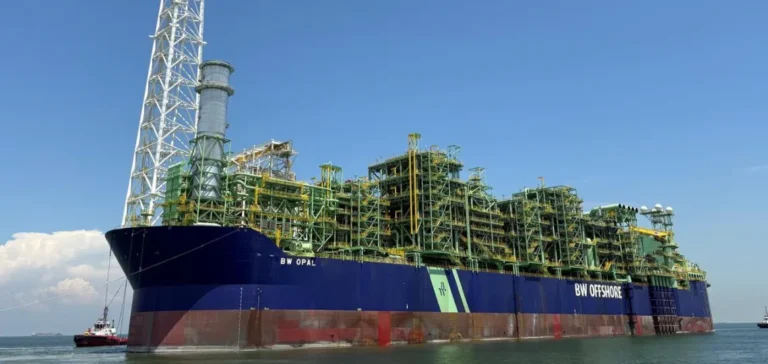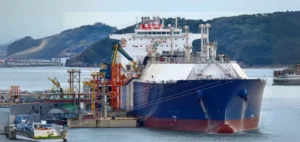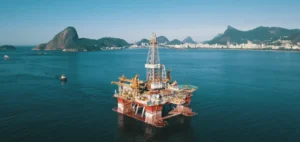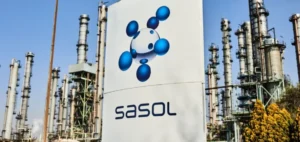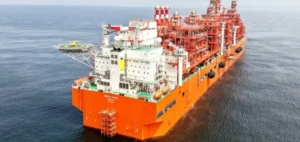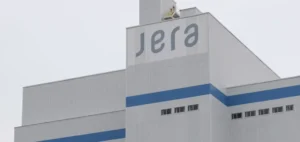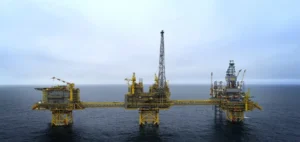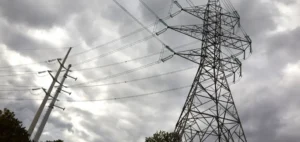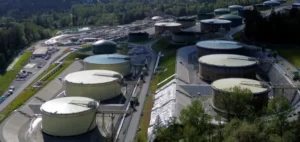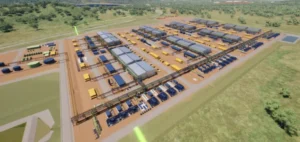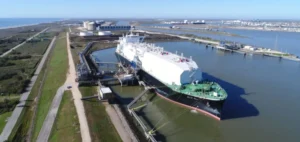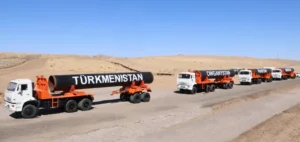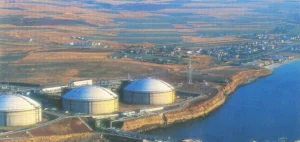Santos has granted an additional two weeks to the consortium led by Abu Dhabi National Oil Company (ADNOC) to finalize its comprehensive review for a record $18.7 billion acquisition. This extension, announced Monday from the Adelaide headquarters, comes as the consortium has substantially completed its initial six-week due diligence and confirms it has found no elements that would challenge its $5.76 per share offer. The proposed price represents a 28% premium to the closing price preceding the initial announcement in June, valuing the company at A$36.4 billion including debt.
Unprecedented Regulatory Risks
The acquisition faces major regulatory obstacles that could compromise its completion. Australia’s Foreign Investment Review Board (FIRB) will need to carefully examine this transaction involving critical energy infrastructure, including the Gladstone and Darwin liquefied natural gas terminals, as well as Cooper Basin production facilities that supply nearly 100% of the Western Australia domestic market. Treasurer Jim Chalmers, who will make the final decision based on FIRB’s recommendation, has called this assessment an “important decision” without revealing his position. MST Marquee analyst Saul Kavonic considers FIRB approval “a major risk to the deal,” recalling the 2001 precedent when Treasurer Peter Costello blocked Shell’s acquisition of Woodside on national interest grounds.
The South Australian government also holds veto power through recent legislation requiring its consent for any change in resource sector license ownership. Energy Minister Tom Koutsantonis has warned the state will use this legislation if the transaction does not benefit South Australian interests. Additional approvals will be required in Papua New Guinea and the United States where Santos holds significant assets.
Mixed Financial Performance
Santos’s recent financial results reveal significant operational challenges despite promising growth projects. The company recorded a 16% decline in underlying profit in 2024, accompanied by a drastic 41% dividend reduction, reflecting global energy market pressures. Annual production stood at 87.1 million barrels of oil equivalent, maintaining Santos as Australia’s second-largest gas producer with a market capitalization of approximately A$25 billion. The significant gap between the offered price of A$8.89 and the current trading price of around A$7.80 reflects market skepticism about the transaction’s completion probability.
The transaction will require approval from 75% of Santos shareholders in a scheme of arrangement vote. The board of directors has indicated its intention to unanimously recommend the offer in the absence of a superior proposal and subject to an independent expert confirming the transaction is fair and reasonable.
Strategic Projects in Final Phase
Santos is rapidly advancing two major projects that will transform its production profile. The Barossa liquefied natural gas project, 97% complete, is expected to start production in the third quarter of 2025, adding 1.8 million tonnes per annum to the company’s LNG capacity. Simultaneously, the Pikka oil project in Alaska, 90% complete, plans to produce 80,000 barrels per day from mid-2026. These two developments should increase Santos’s total production by 30% by 2027, providing stable long-term cash flows. The recently commissioned Moomba carbon capture and storage project positions Santos as a key player in the energy transition with capacity to store 1.7 million tonnes of CO2 annually.
The XRG consortium, established in November 2024 with an $80 billion investment mandate, aims to build a global gas portfolio of 20 to 25 million tonnes per annum by 2035. ADNOC has a $150 billion capital expenditure budget for 2023-2027, demonstrating its financial capacity to pursue transformative acquisitions.
National Energy Security in Question
The acquisition raises fundamental concerns about Australian energy security. Santos operates three major gas facilities in Western Australia that supply virtually the entire domestic market, including critical mining and industrial sectors. Existing tensions between domestic supply and liquefied natural gas exports could intensify under foreign control, particularly with forecasts of shortages on the east coast from 2029. The Australian Competition and Consumer Commission has warned that without new supply sources, significant deficits threaten national energy stability.
This transaction follows several unsuccessful consolidation attempts in the sector. Santos rejected a $10.8 billion offer from Harbour Energy in 2018 and abandoned merger discussions with Woodside Energy in 2023-2024 that would have created an entity valued at A$80 billion. The XRG consortium had previously approached Santos with two confidential offers in March 2025 at $5.04 and $5.42 per share before presenting the current offer. Analysts believe a competing bid is unlikely, with only ADNOC appearing willing to pay such a premium to achieve its global gas ambitions amid growing geopolitical tensions in the Middle East.


